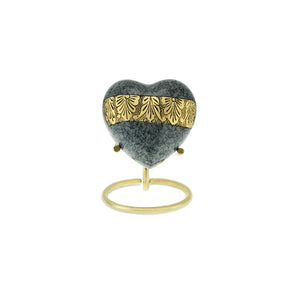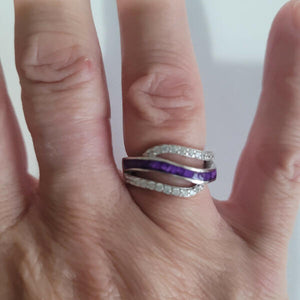Inquests - what you need to know about the process

Inquests are held when there is some doubt about the circumstances of a death.
What is an inquest?
An inquest is a public hearing to determine the cause, time, and place of death. Inquests take place in a coroner's court and anyone can attend. Only when there is a threat to national security is there a private inquest.
When do inquests take place?
Inquests usually occur within six months of death. Frequently, the coroner issues an interim certificate of death. This lets the family have the funeral and apply for probate.
Inquests occur when someone dies in their home unexpectedly from natural causes. Also, if death occurs in an accident or as a result of criminal activity.
Who presides over the inquest?
Initially, the coroner investigates the cause of death and reviews the post-mortem examination. Then, if he is unable to determine the circumstances surrounding the death, he will order a coroner's inquest. Sometimes there is a jury at the inquest. After reviewing all the evidence the coroner or the jury will make a legal "determination" of the exact details of the death.
The family can request copies of the post-mortem report and the evidence presented.
Can the family challenge the decision?
If the family does not agree with the coroner's ruling they can challenge it. They must do this within three months. Also, they will need the services of a relevantly trained solicitor. You can find one here.
Are journalists allowed at the inquest?
Inquests are open to everyone, including journalists. This can be distressing for the family of the departed. However, there are rules which govern what they can publish. This is particularly relevant in cases of suicide.
Journalists must only report the facts. They must present these in a sensitive way and not include unnecessary graphic details. Journalists can report anything which is presented in court. Usually, suicide notes are not included as evidence, but, if they are they can be quoted. Journalists can include background information if it is relevant to the story. No photos or videos are allowed within the court. Outside, however, journalists can use visual media.
Journalists can approach friends and family of the deceased during the inquest. Usually, they will do this after the proceedings. You do not have to speak to a member of the press. Under the Editors' Code of Practise, they cannot insist, and they must treat the family in a respectful and discreet way. Some families take the opportunity to publically express a tribute to the departed and to confirm factual information.







